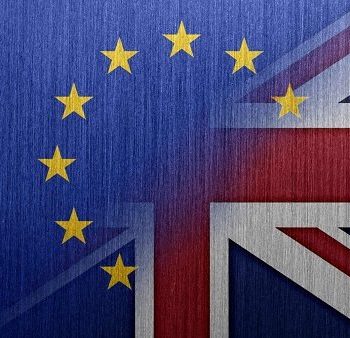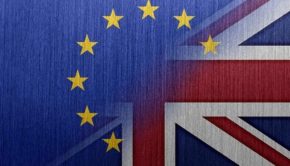Drinks industry meets with EU taskforce on Brexit priorities

Ireland's drinks industry alone encounters more than 20,000 border crossings every year, so the nature of the looming Brexit deal, be it a hard border or some other arrangement, is of utmost importance. To that end, representatives from the industry have met with an EU task force in order to be fully prepared for whatever outcome the various sides negotiate.
13 November 2018
The Acohol Beverage Federation of Ireland has met with the EU Commission’s Taskforce Article 50 in Brussels to discuss the ongoing Brexit negotiations. It was ABFI’s second meeting with the Barnier Taskforce in five weeks and follows the publication of the ABFI paper on ‘Brexit and the Irish drinks industry’.
The latest meeting focussed on the potential implications of post-Brexit custom changes on the all-island Irish drinks industry.
Following the meeting, Patricia Callan, director of ABFI, pointed out that Ireland’s drinks industry is a highly integrated all-island sector, important to both the Irish and Northern Irish economies. “This is recognised by the EU Commission and the Barnier Taskforce,” Callan said, “as evidenced by their recent active engagement with us.”
“With negotiations on the Brexit Withdrawal Agreement nearing a hopeful resolution,” Callan continued, “today’s meeting provided ABFI with an opportunity to restate the importance of avoiding a hard border on the island of Ireland, both now and at any stage in the future.”
The Irish drinks industry carries out 23,000+ truck movements across the Irish border every year, over 5,000 of which are alcohol tanker-movements. Based on an assessment of international comparison, the ABFI fears that any reintroduction of checks at Irish border points could add an hour to journey times and an additional cost of €100 per truck movement – not to mention threatening the peace and stability brought about by the Good Friday Agreement.
“We support the Irish government’s efforts to seek to avoid a hard border,” Callan said, “both now and in the future.”
The meeting also discussed the need to avoid new tariffs being introduced between the EU and UK and the potential impact of new tariffs on Irish cross-border supply chain movements.



 Print
Print




Fans 0
Followers